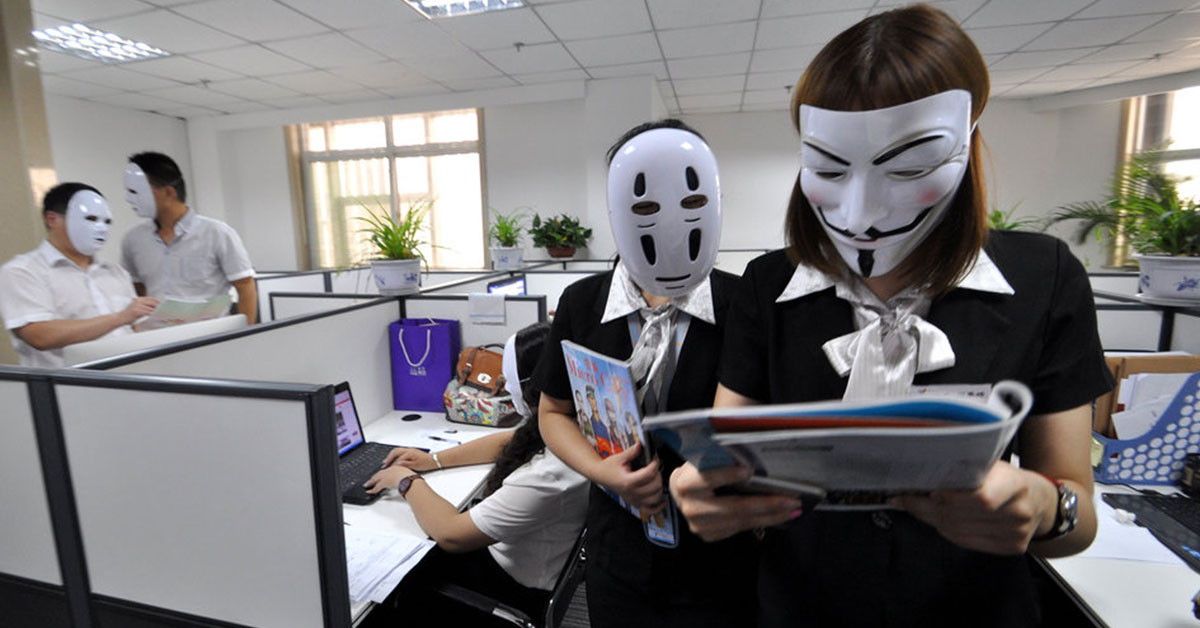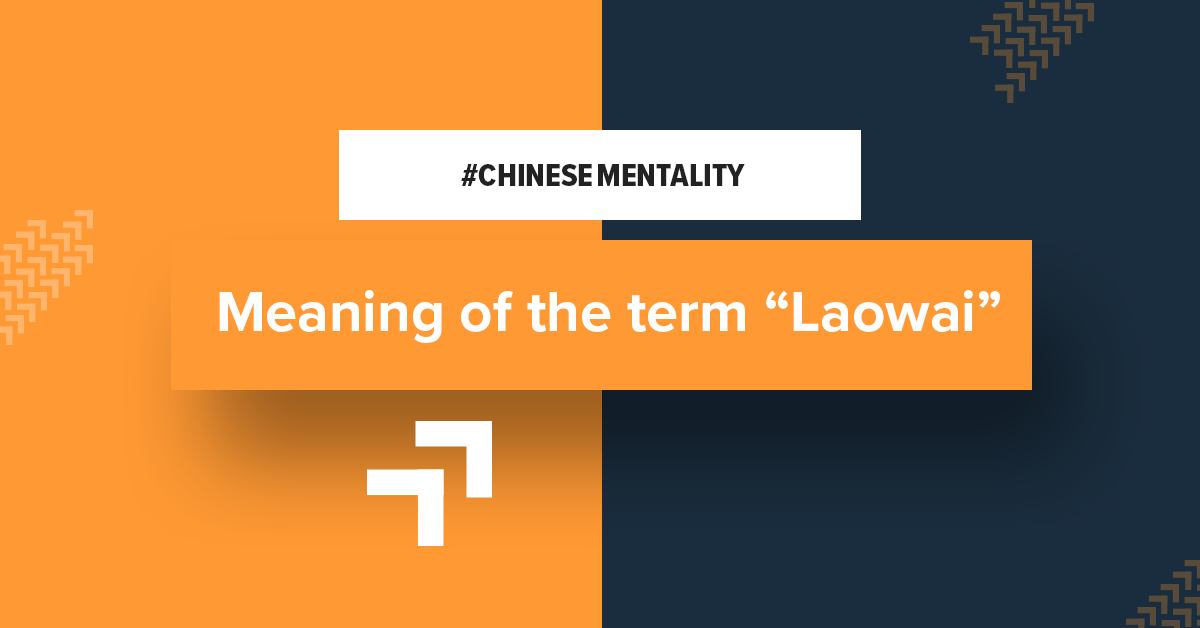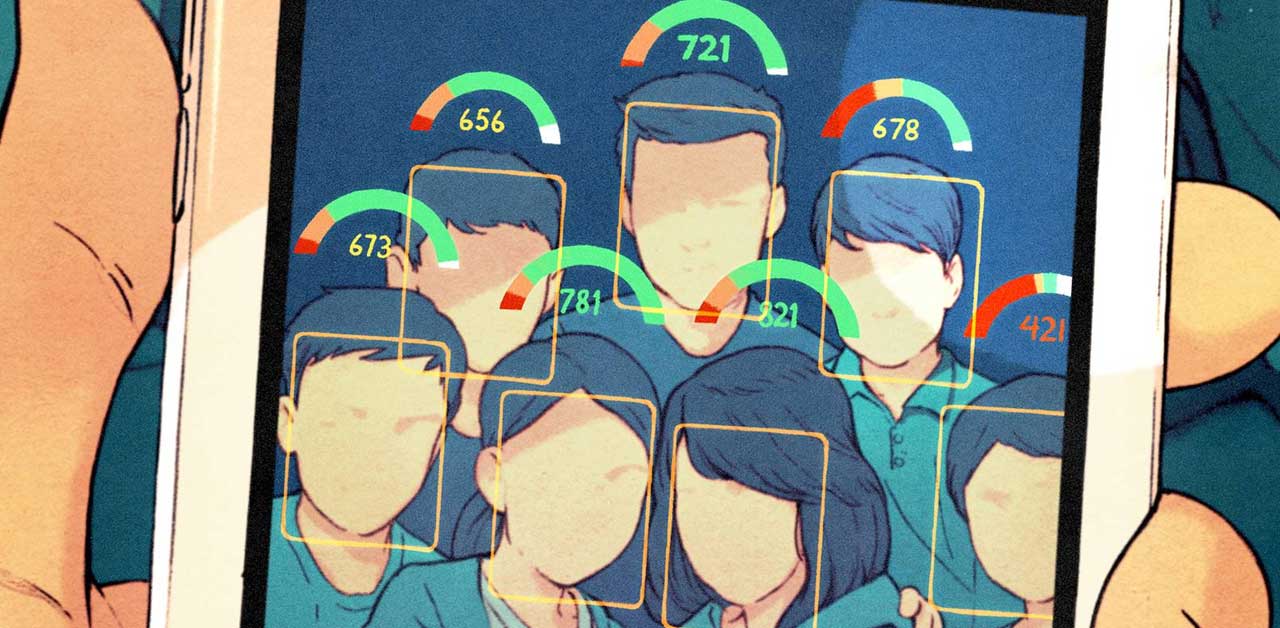China brings to life George Orwell’s “1984”
China’s “Social Credit System” ranks citizens and punishes them with throttled internet speeds and flight bans if the Communist Party deems them untrustworthy
The Chinese Communist Party has been constructing a moral ranking system for years to monitor the behavior of its enormous population — and rank them all based on their “social credit.”
Big Brother meets Big Data
China has long been a surveillance state. Depending on who you ask, it is estimated that 54% of the world’s CCTV cameras are situated in China, totaling around 400 million. Other sources put the figure closer to 200 million, which still equates to a chilling 1 camera per 7 citizens. Anyway, it’s hard to find some private space in the world’s most populated country.
The application for this surveillance system is changing over time, with facial recognition technology, computer vision and machine learning algorithms. In May 2021, it was reported that a camera system that uses artificial intelligence and facial recognition technology intended to reveal states of emotion in people was being tested in Xinjiang, China.
How does the Social Credit System work?
Research and planning for a national credit score in China started in 1999. It was originally intended for the commercial, not government sector. As China transformed from a planned economy to a market economy, it needed a social credit system to regulate counterfeiting and fraud on the market. It would help China’s transition to a credit economy, where non-cash based tools like credit cards would be essential. However, in 2012 it was decided to expand this system to the social and political realms as well.
The “social credit system” was first announced in 2014 as “an important component part of the Socialist market economy system and the social governance system”. The aim was to reinforce the idea that “keeping trust is glorious and breaking trust is disgraceful,” according to a 2015 government document.
Government agencies and private companies are collecting enormous amounts of data about an individual’s finances, social media activities, credit history, health records, online purchases, tax payments, legal matters, and people you associate with in, addition to images gathered from surveillance cameras and facial recognition software.
The rankings are decided by the National Development and Reform Commission (NDRC), the People’s Bank of China and the Chinese court system, according to the South China Morning Post.
Social credit offences range from not paying individual taxes or fines to taking drugs. Other violations include using expired tickets, smoking on a train or not walking a dog on a leash. Spending too long on video games and circulating fake news also can count against individuals. On the other hand, good deeds like donating to charity and volunteering work will add points to the credit rating.
“Once discredited, limited everywhere”
If an individual has a lower social credit score, they might be unable to purchase what they want, such as high-quality goods or a new home. They might also be prohibited from buying airline and train tickets or renting an apartment. Some people with low social credit scores can be blocked from dating sites and not be able to enroll their children in a school of their choice.
According to the recent statistics, 27 million people on the blocklist restricting air travel and 6 million on the one restricting access to high-speed trains. 14 million of these are also on the list of “discredited individuals”. This represents about one in every hundred Chinese citizens.
Social Credit System progress in 2021
2020 was the original target year for implementation of the China social credit system. However, a range of factors, including the impact of Covid-19, has delayed the full establishment of the system. Today it is still a fragmented and decentralized system. Central government, specific government agencies, public transport networks, municipal governments, and others are experimenting with diverse initiatives with different aims.
However, the government issued guidelines for further improvements. It highlights the importance of central legislation and lays the ground for a future national law on the social credit system.
Reception of The Social Credit System in China
Currently, most Chinese citizens have a favorable view of the commercial social credit score systems in place; a survey of Chinese citizens shows 80 percent of respondents either somewhat or strongly approve of social credit systems. They perceive the changes as a more effective and efficient way to promote good behavior and protect them from fraud and bad business.
Chinese citizens have always known the government knows a lot about them, so digitizing this isn’t as jarring as it would be for Americans and Europeans. For many that live outside of China, it feels more like one of those creepy episodes of Black Mirror TV series or George Orwell’s dystopian novel “1984”.
Sources: Forbes.com, Bloomberg.com, Businessinsider.com, Algorithmwatch.org, Morson.com
More topics about Chinese mentality

“Have you eaten yet?”
Foreigners often wonder, why Chinese people use the phrase "你吃饭了吗" (Ni chi fan le ma?) as a greeting, meaning “Have you eaten yet?” This way they greet each other and their foreign friends or partners, often inviting them to have a dinner together...

Mianzi – the concept of Face
China is a group-oriented culture, and Face represents a person’s reputation and feelings of prestige within those groups. Everybody will tell you how important it is not to make Chinese counterparts lose face, and this is undoubtedly good advice. But what, exactly,...

Meaning of the term “Laowai”
Chinese Mentality Meaning of the term “Laowai” The term “Laowai” is frequently used in modern Chinese language in reference to foreigners (not Asians). In order to understand what meaning is implied here, let’s analyze the hieroglyphs this word consists of. The word...


